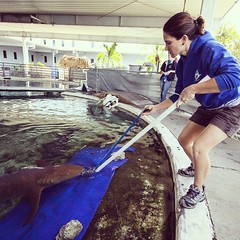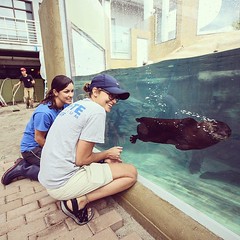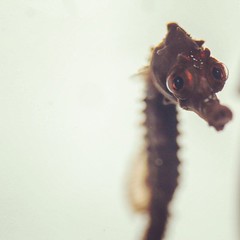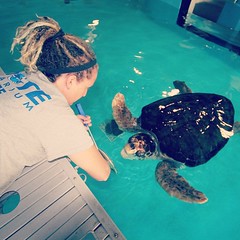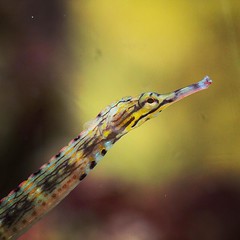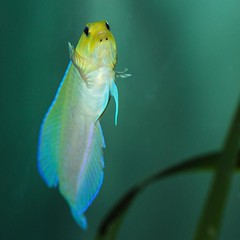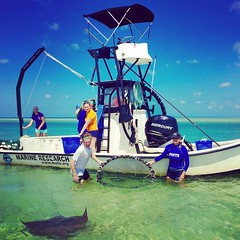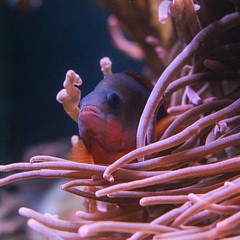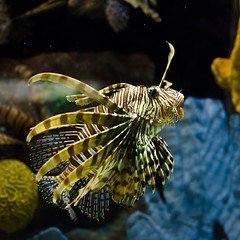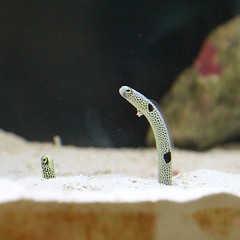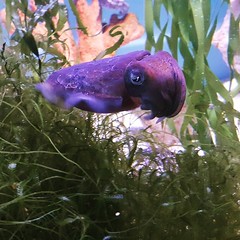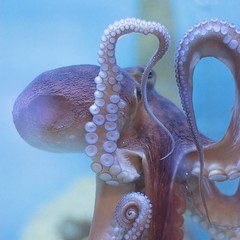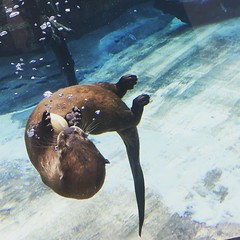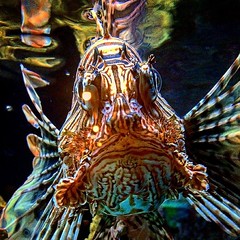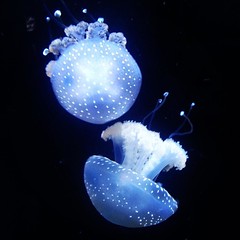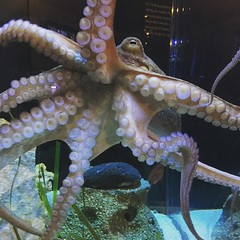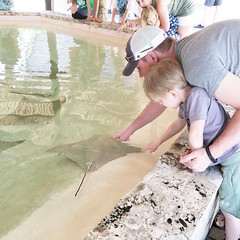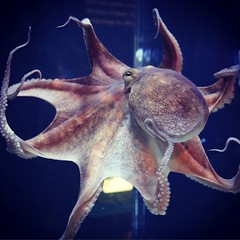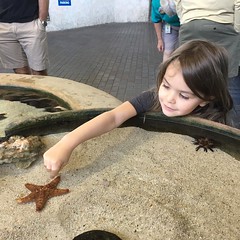1600 Ken Thompson Parkway
Sarasota, FL 34236
Ph: (941) 388-4441
Hours: 10AM - 5PM
A 501(c)3 nonprofit organization.
Pasco
Pygmy killer whale (Feresa attenuata)
(MML 9805)
| Age Class | Adult |
| Gender | Male |
| Date Stranded | August 21, 1998 |
| Location of Stranding | New Port Richey, FL |
| Date of Arrival | August 21, 1998 |
| Number of Days of Care | 34 Days |
Final Disposition
Euthanized on 24 September 1998

Pasco was in fair body condition, weak but able to float, exhibiting some fluke motion, especially when placed in custom floating harness. This Feresa too (see Abbey and Lunar) exhibited tail arching behavior (stress?) while being held by people, but not during transport, nor as much while in the floating harness. Leukopenia, elevated liver values, anemia, intestinal and respiratory parasites, dehydration, inappetance, and many superficial shark bite wounds characterized this case. In addition to antibiotics, Pasco was given deworming medications for nematodes, trematodes, and cestodes. Radiographs revealed seven old, fractured ribs that were healed.
Pasco was given two acupuncture treatments in order to stimulate his immune system, improve breathing, and to increase his strength- of questionable benefit in this case. Pasco was abnormally sedate following the second treatment, perhaps due to overstimulation.

Pasco's condition slowly deteriorated. There were periods of brief swimming for food in early September, but Pasco had problems maintaining his balance. He also exhibited extended exhalations, increased expiratory effort. He did not have normal reflexes to close his blowhole under water, and would swim on his side without attempting to right himself. An MRI was performed in order to evaluate his brain, but the results were inconclusive. All the evidence, however, pointed to a central nervous system disorder which was getting worse, with no hope of recovery. For this reason Pasco was humanely euthanized on 24 September '98. Necrospy revealed parasite ova that had penetrated the meninges of the brain, likely causing the CNS dysfunction. There is no treatment for this condition.
Cause of Death: CNS dysfunction due to parasite ova (Nasitrema sp) in meninges.
Lessons1- This is the second F. attenuata (of three) with brain lesions due to Nasitrema sp. ova that we have treated. Therefore, parasites should be suspected in CNS cases and attempts made to diagnose the condition early in the rehabilitation process.
2- Floating harnesses may aid in reducing the stress level of some species of cetaceans if they are unable to swim on their own.
3- MRI or CT scans are possible if the machine will accommodate the size of the animal. Motion need to be controlled through the use of tranquilizers or anesthetics.
PresentationsRhinehart, H. L., C. A. Manire, F. W. Klutzow, and G. D. Bossart. "Brain lesions and clinical signs in two pygmy killer whales (Feresa attenuata) associated with Nasitrema sp." Poster presentation at the International Association for Aquatic Animal Medicine 30th annual conference, Boston, MA. 1999.
